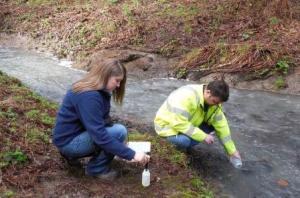Pretreatment Program
The purpose of the Pretreatment Program is to safeguard the Water Reclamation Facility (WRF), the conveyance system, the environment, McMinnville City employees, and local citizens by partnering with the community and businesses to prevent harmful discharges from entering into the wastewater system.
Introduction to McMinnville's Pretreatment Program
McMinnville's Pretreatment Program was approved by the Oregon Department of Environmental Quality (DEQ) on October 25, 1992. McMinnville's Pretreatment Program maintains regulatory compliance by performing regular inspections of industrial users (IUs), issuing permits to IUs and monitoring them for compliance, enforcing regulations and rules, submitting an annual report of Pretreatment Program activities to DEQ, reviewing and updating local pollutant discharge limits, and responding to DEQ and the US Environmental Protection Agency (EPA) audits.
The City of McMinnville Sewer Use Ordinance 4987 outlines the regulations and the rules for the Pretreatment Program. The Sewer Use Ordinance went through a major revision to update the definitions, general regulations, industrial pretreatment regulations, local limits, building code references, and minor language clean-up. The changes were made to clarify the previous ordinance and comply with DEQ directives. The changes were approved by DEQ and the City Council in January 2015. Ordinance 4997 has modified Chapter 13.12.070 of Ordinance 4987.
Understanding the Federal Pretreatment Program
The McMinnville Water Reclamation Facility (WRF) is designed to treat and remove pollutants from domestic wastewater, but not to treat toxic pollutants in industrial waste. In fact, some discharges from both industrial and commercial sources can cause serious problems to the WRF's operation. Such problems can include inhibition of the WRF's biological treatment process, pass through of pollutants to the South Yamhill River, or create hazardous conditions for Publicly Owned Treatment Works (POTW) employees. In order to prevent such problems, industrial wastewater can be treated prior to discharge to the sewer. This practice is commonly referred to as "pretreatment."
The National Pretreatment Program, published in Title 40 of the Code of Federal Regulations (CFR) Part 403, provides the regulatory basis for POTWs like McMinnville's to require non-domestic discharges to comply with federal pretreatment standards. As noted in 40 CFR 403.2, the objectives of the National Pretreatment Program are to:
- Prevent the introduction of pollutants into POTWs which will interfere with the operation of a POTW, including interference with its use or disposal of municipal biosolids;
- Prevent the introduction of pollutants into POTWs which will pass through the treatment works or otherwise be incompatible with such works; and
- Improve opportunities to recycle and reclaim municipal and industrial wastewater and biosolids.


